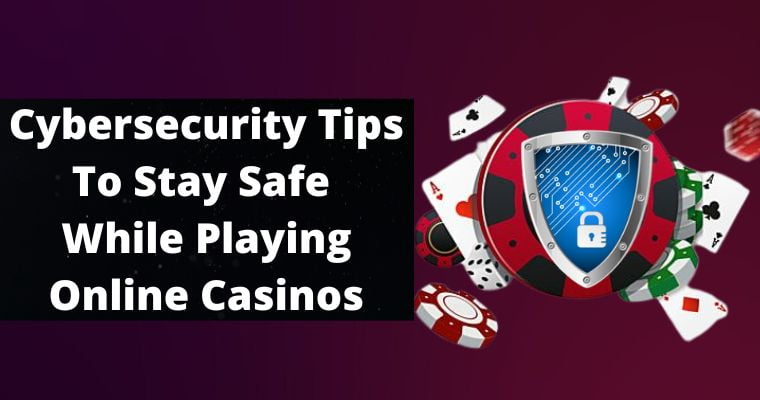Kids these days are all over the internet. From their education to leisure activities, everything revolves around the Internet.
They take help for their studies, watch movies, play games, randomly browse different websites, and whatnot. Although the internet is good to expand their knowledge, what most parents don’t realize is that it can be risky for them as well.
Cybersecurity issues are quite common these days and every year, thousands of people fall victim to cyber-attacks and data leaks. Not to mention, phishing scams are also quite prevalent nowadays and both adults and children are prone to them.
Due to all these reasons, online security is a must and as a parent, it’s your job to educate your child about online security.
Table of Contents
5 Security Tips That You Need To Share With Kids
Using Complex Passwords
Complex passwords are easier to forget and because of that, many people prefer keeping simple passwords, especially children.
What you need to understand is that it’s an extremely harmful practice. Simple passwords are easier to guess and that’s what you need to teach your child.
When your password is easy to guess, the chances of getting hacked are high. Thus, you must keep complex passwords that are a mix of alphabets, digits, and special characters. Also, ask your child to change their passwords frequently, at least once a month.
Turning on Two Factor Authentication
The two-factor authentication is extremely helpful when it comes to online security for your child. It keeps you safe even if someone manages to crack your password.
When they enter the password, they immediately receive an OTP code on their mobile number and they’ll only be able to log in when they enter the OTP code.
Thankfully, most applications these days offer two-factor authentication. Make sure to educate your child about it and ask him/her to switch it on for all the applications that he or she uses.
They might have to visit every application separately to activate the two-factor authentication; however, it won’t take more than a minute.
Getting Antivirus Software
Antivirus software is a must for your child’s laptop. Many times, hackers use malware and viruses to crack your device and hack it. In fact, many hackers write viruses and malware intending to hack into people’s laptops and smartphones.
The only solution for it is getting antivirus software. It will keep your device safe against viruses and malware and also notify you about phishing scams.
Yes, many antivirus plans work well for catching phishing scams. They alert you every time you receive a suspicious email or text so that you know it’s not the one you should respond to.
Working with a VPN
I’m sure your children already know what a VPN is and how it’s used but the question is, are they using one? VPN, an abbreviation for virtual private network, is extremely beneficial in adding a layer of security between you and your internet browser.
It can help you access everything available on the internet without revealing your IP address or location. It also doesn’t allow websites to keep a track of your data or personal information, which is another plus point.
Over and above that, it gives you protection against viruses and malware, too. Thus, you must ensure that your child has a VPN downloaded and installed on his/her device and s/he switches it on whenever using the internet.
Also, please know that not every VPN is as effective as the others and not all of them are free to use. There are different VPN choices for iPhones or iPad, Androids, and other tablets. Check out a few and get a suitable one for your child.
Enabling the Firewall
Last but not least, please educate your child about the firewall and the benefits of enabling it. It’s one of the most important things when it comes to maintaining online security. It can prevent harmful viruses and malware from gaining access to your network or device.
Furthermore, it can help keep your device secure from cyber attacks and leaks. It can also filter the traffic on your computer network, eliminating anything dangerous or harmful.
Therefore, it’s mandatory to educate your child about cybersecurity and the significance of enabling the firewall in the online world.
The Takeaway
Children or children at the end of the day. They experiment, learn, and grow, and that’s healthy. Thus, I suggest you let them find things on their own, but please make sure to educate them about the basics of Internet security before that. It’s all you can do as a parent!


